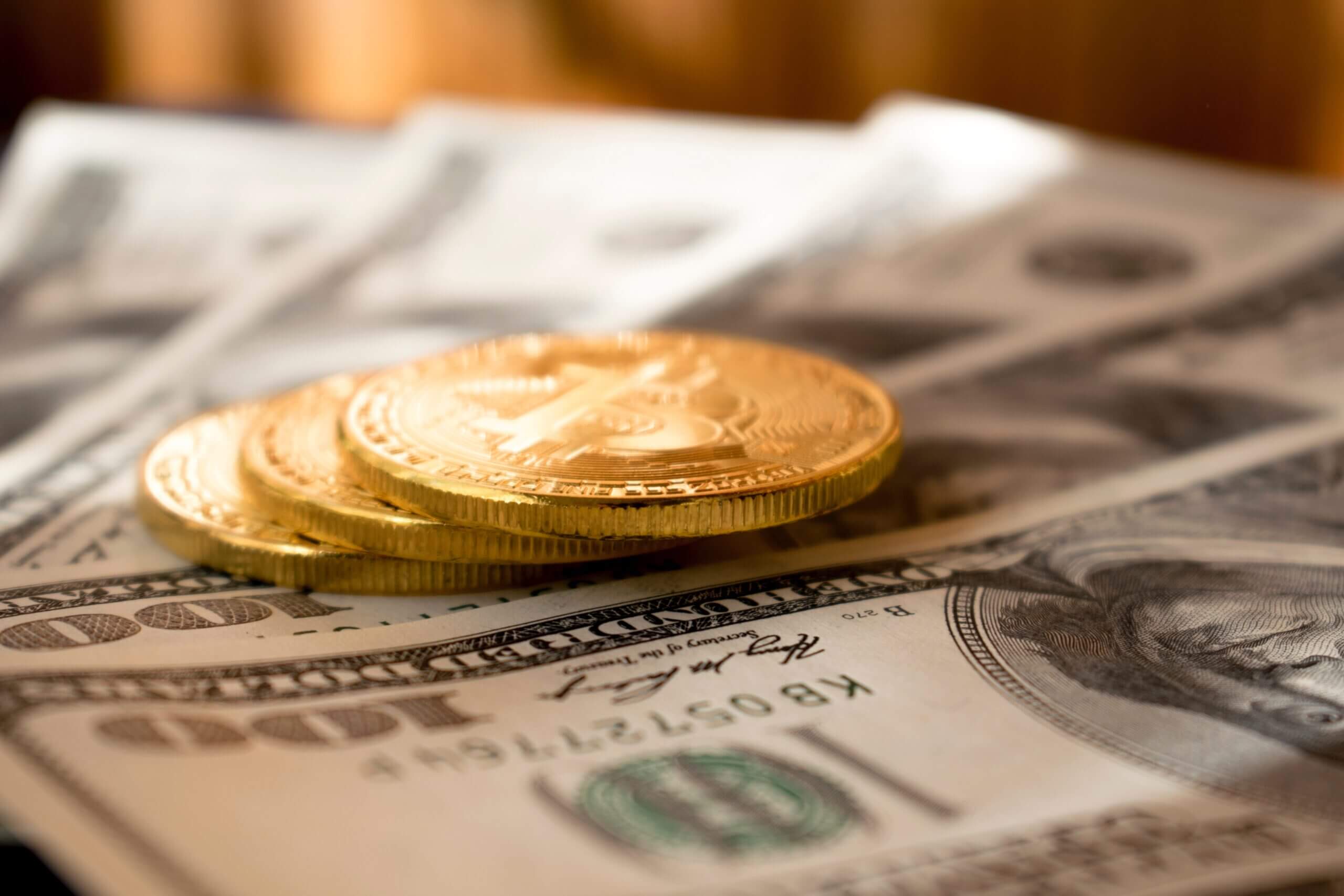We need to know more than ever about the global macro environment and how it might affect local business and real estate investment.
The U.S. dollar is the most trusted currency in the world and is used in 90% of all transactions. In comparison, the Chinese yuan is used in less than 1% of global transactions, and the British pound, the euro, and the Japanese yen make up the other 9%. Still, compared to other currencies and valuable metals, the U.S. dollar fell by as much as 15%. In particular, gold’s price has increased by 20% to $22,000 per pound.
Today, more than ever, we need to understand the global macro environment and how it might affect the local economy. I can argue that a drop in the dollar’s value can positively and negatively affect real estate. Still, the right answer requires a closer look at the asset class, its underlying mortgage, and the fundamentals of the market where the asset is located.
Put another way, a well-capitalised, well-placed asset in a big gateway city will keep its value. It may increase because the low currency exchange rate encourages foreign demand through discount arbitrage.
But this is never a sure thing, and buildings will suffer from higher costs of capital and rising cap rates. When the dollar loses worth, prices of goods and services often increase, increasing inflation.
In the past, real estate has been a way to protect against inflation because property prices tend to rise at the same rate as inflation or even faster. The cost of building supplies and labour increases, making it more expensive to build new homes. To keep up with the rising costs, the value of already-owned homes may also increase. As inflation has gone up, rents have gone up, which has made our goods worth more.
Of course, the cost to build and carry interest rates have also increased, but the good effects (increase in property value) far outweigh the negative ones. When extra time and interest rate savings are considered, the building cost has increased by as much as 17%. Rents have gone up by 34%.
A weaker dollar makes U.S. real estate more appealing to foreign investors because it makes their money go further and increases demand, which could lead to higher prices, especially in prime locations and famous markets.
As central banks try stabilising the economy, a dropping dollar could cause rising interest rates to fight inflation. When interest rates go up, mortgage rates can go up as well. Depending on how supply and demand work, this could make fewer people want to buy real estate, slow the growth of property values, or even cause some property values to go down.
Long-term mortgages with set rates are a safe investment. Ultimately, what happens to real estate prices when the dollar falls rests a lot on the local market and the economy. In conclusion, a drop in the dollar’s value can have good and bad effects on the price of real estate. It could make foreign buyers want to buy more and protect against inflation, but it could also cause interest rates to go up, which would hurt affordability and demand. Changes in the dollar’s value will have the biggest effect on the value of your home based on how the local market and economy are doing.

